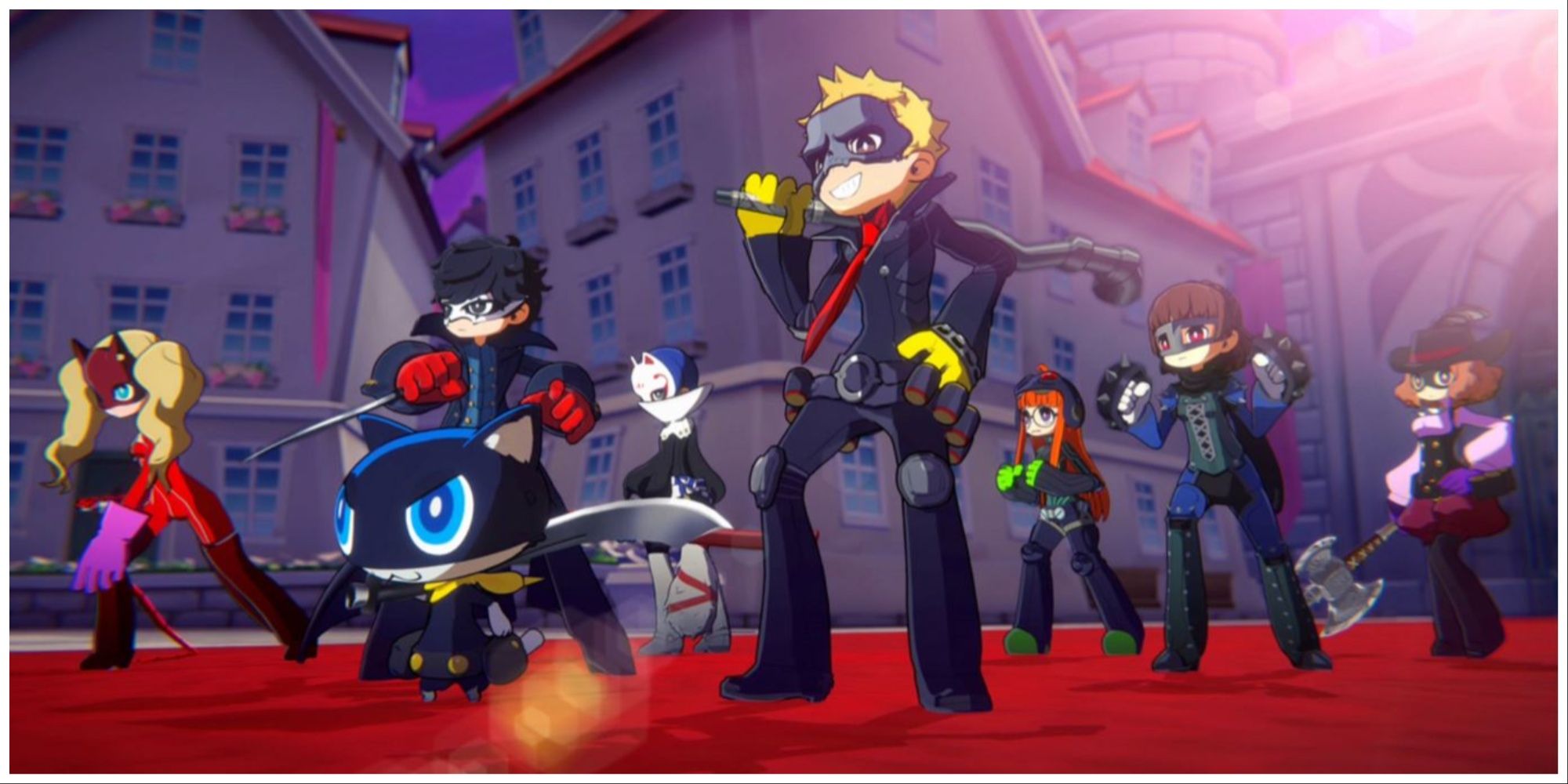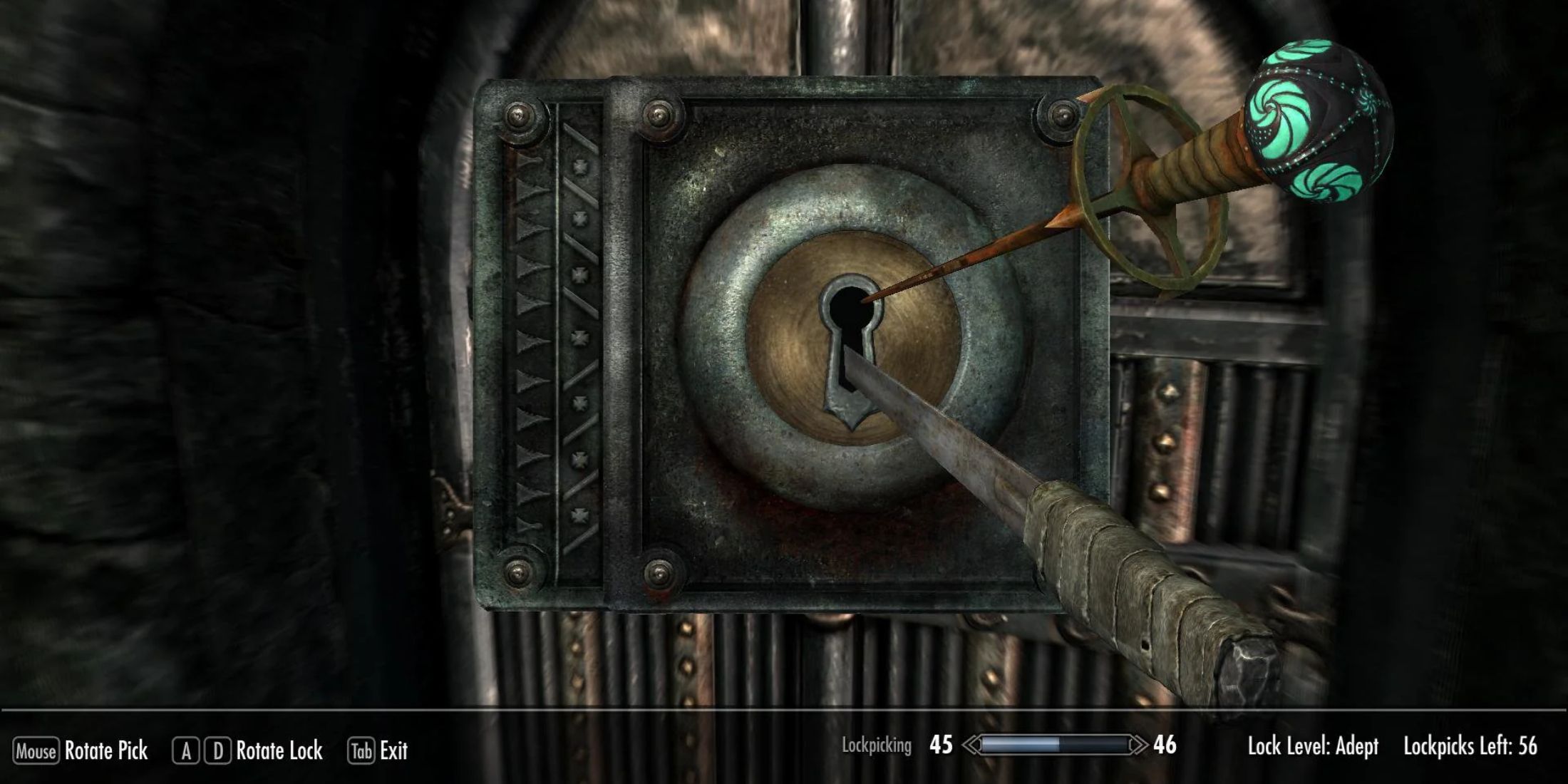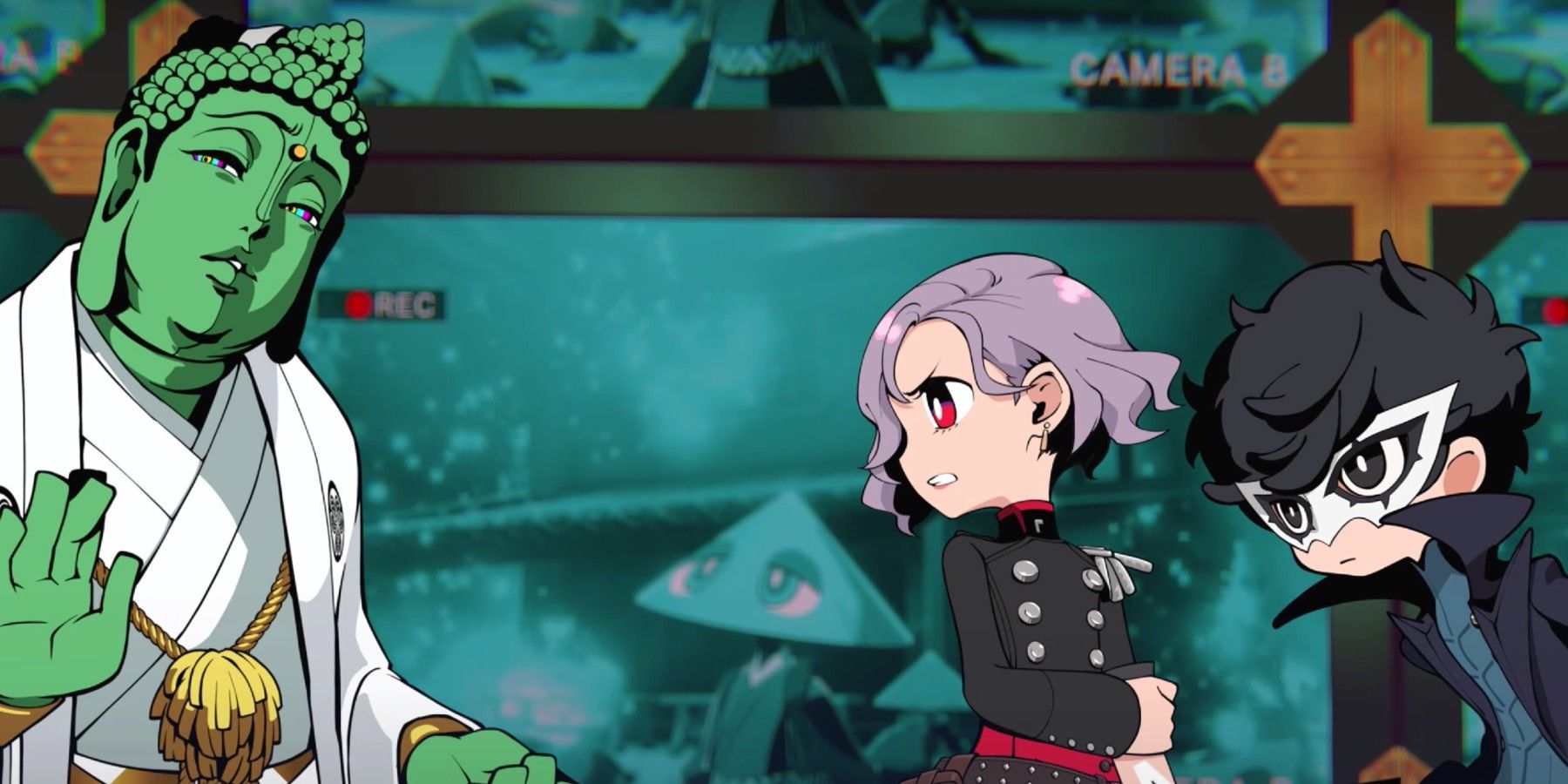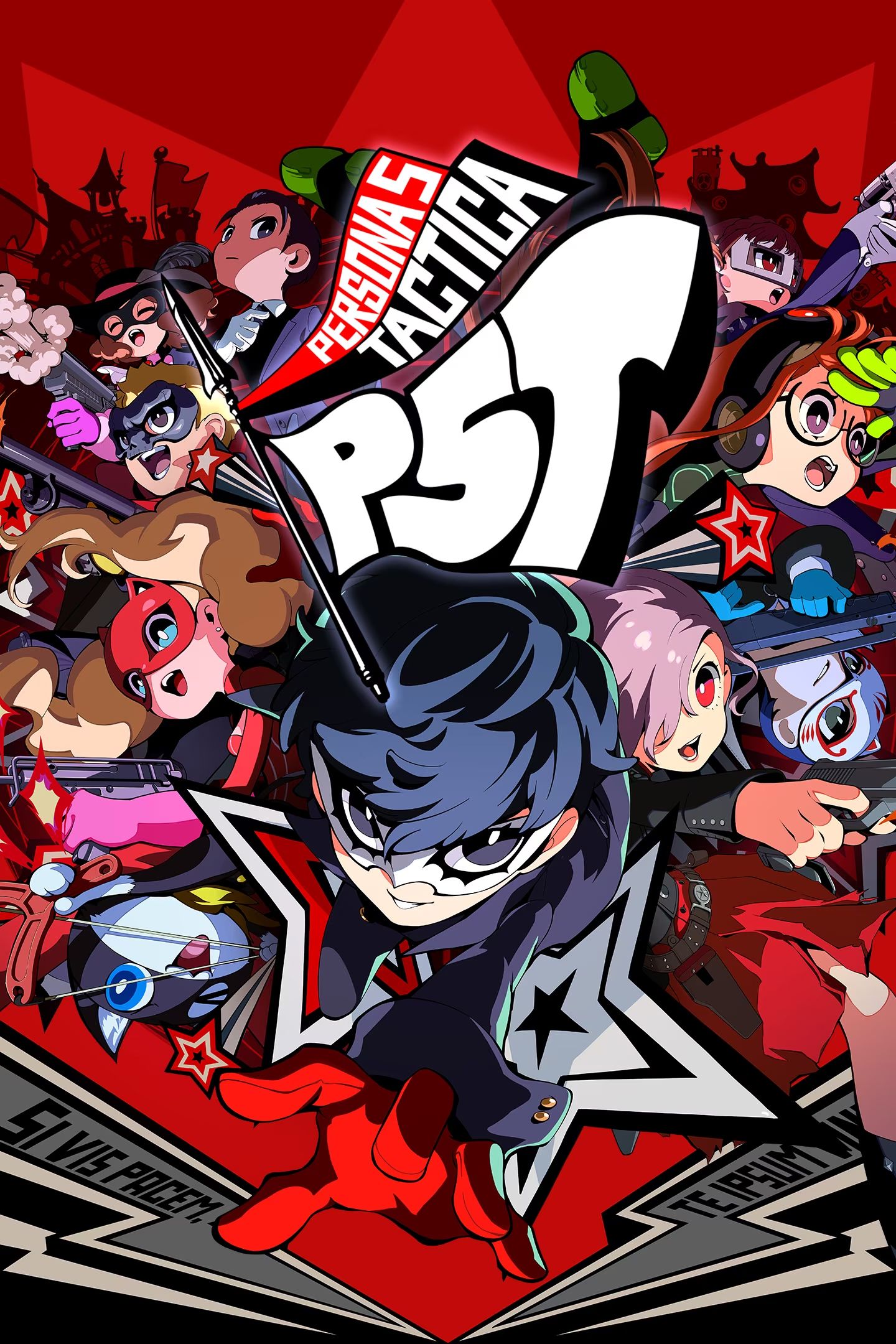Highlights
- Persona 5 Tactica focuses on the character arc of Toshiro, who transforms from a coward-like "puppet" to a warrior with the help of the Phantom Thieves' philosophy.
- The game explores the themes of rebellion, corruption, tyranny, and injustice, mirroring the goals of the Phantom Thieves to make the world a better place.
- While Toshiro's growth is portrayed well, the framing of his character as a coward can feel apathetic toward his trauma, raising questions about the severity of the consequences and the shift in the story.
This article contains story spoilers for Persona 5 Tactica and Persona 5 Strikers.Persona 5 Tactica has largely been considered a triumph in its storytelling, with Toshiro and Erina serving as two compelling spinoff characters fighting alongside the Phantom Thieves. The title focuses largely on the plight of Toshiro, with the Phantom Thieves acting as secondary motivators to the plot, resulting in a story that centers heavily on the progression of his character arc. From a coward-like "puppet" to a warrior in his own right, Toshiro transforms with the help of the Phantom Thieves' philosophy, though the consequences evidenced in the character's past and the Kingdoms' battles can sometimes feel overshadowed in favor of this idealism.
Ultimately, Persona 5 Tactica is a tale about rebellion and the dangers of complacency against corruption, tyranny, and injustice. Just as the Phantom Thieves sought to take down their adversaries in Persona 5 to make the world a better and more hopeful place, the same can be said for their presence in helping Tactica's plot along. Setting fuel to this fire is the spunky, headstrong Erina, who serves as the embodiment of Toshiro's rebellious will and the desire to fight back, helping in his transformative mindset. However, Tactica seeks to show this growth by first painting Toshiro as a coward, which, when presented with the greater picture of his traumas, can feel a bit reductive.

Persona 5 Tactica: Best Party Compositions
Persona 5 Tactica allows three Phantom Thieves to team up for battles, and these party compositions are the best in the game.
The Consequences of Fighting Tyranny in Persona 5 Tactica
Toshiro and the Coward Trope
Toshiro is introduced in Marie's Kingdom, with little known at first about his character aside from his background in politics. As he builds a rapport with both Erina and the Thieves, it becomes evident that Toshiro isn't a fighter. This is a trait used in much of the character's comic relief, as he's quick to be considered a coward and a puppet, among other things.
While it is heartwarming to see how Toshiro shifts to better advocate for himself, the framing of his character can, at times, feel apathetic in relation to his trauma, especially when the emotional domestic abuse he receives at the hands of Marie comes to light. Though a character like Zenkichi in Persona 5 Strikers was given much more grace when entering Akane's Jail without a Persona or means of defense, Toshiro is considered a coward off the bat, despite fitting these same circumstances at this point in the story.
Toshiro and Zenkichi
Similarly, the avoidance of conflict due to protecting others affects both Zenkichi and Toshiro, showing that their hesitancy to fight back isn't just a means of self-preservation. Just as Zenkichi decides to stop looking into his wife's murder as a result of the death threats received against Akane, Toshiro feels fearful of the consequences of rising against his abusers due to what happened to Eri and his mother.
As more about Toshiro's traumas are revealed, the Thieves wind up becoming more sympathetic to his plight, though the same stance of fighting against injustice, no matter what, remains as their greater philosophy. This is somewhat challenged at the end of Yoshiki's Kingdom, though despite the complicated nature of how these consequences are portrayed, the Thieves ultimately keep firm in their resolve.
Yoshiki's Kingdom
Once Yoshiki is defeated, he talks briefly about how the Phantom Thieves' actions have led to chaos in the Kingdom. Some of its citizens on recording cameras can be seen and heard screaming as the city is destroyed, while the Thieves are left to lament the casualties. Yoshiki talks briefly about the idealism of their ways before disappearing, as the scene ends with the remaining citizens of the Kingdom celebrating their victory over the tyrant.
Erina remarks that this victory, despite the casualties, is better than the consequences of the citizens living under Yoshiki's rule forever, though it begs the question of how disparities in power might shift this perspective. Similar to how Konoe in P5 Strikers remarks that the Thieves change hearts without giving their adversaries free will over the matter, some of the citizens are thrust into the conflict's repercussions despite having no say themselves.
The topic of the consequences of rebellion is a complicated and nuanced discussion to have, and Persona 5 Tactica does what it can to send a heartfelt message about what it means to stand up to injustice.
Still, there are questions to be had about the severity of these consequences and how that might have shifted the story, like if Tactica had instead chosen to kill off Eri instead of leaving her injured after the altercation with Nakabachi, for example. Ultimately, the goodness of characters like Erina and Toshiro lends itself well to a compelling plot, and while at times the Phantom Thieves' philosophy can feel simplified in the grand scheme of things, it is refreshing to see how the Persona 5 crew works to impart confidence to others.




